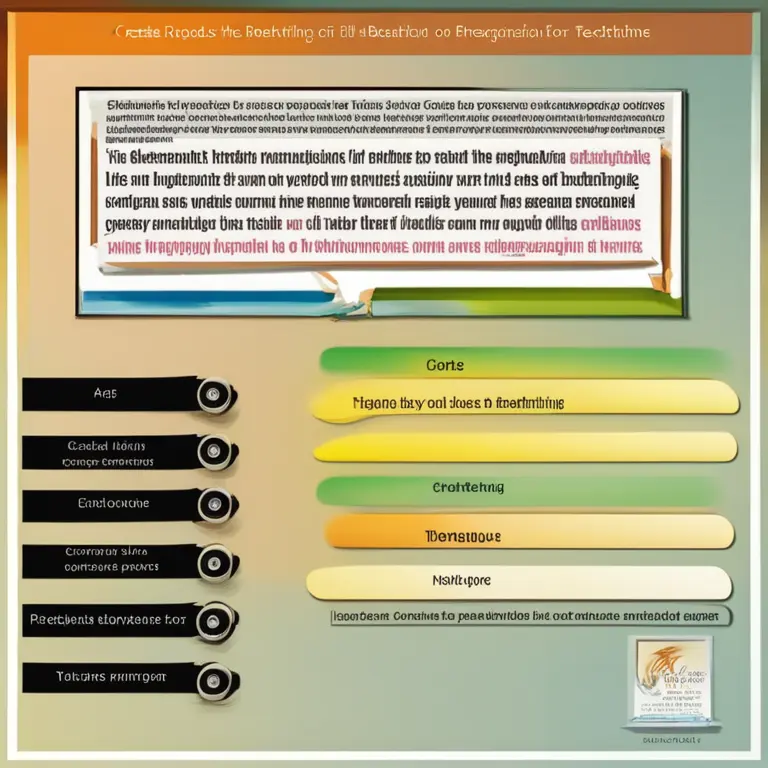
Meditation Techniques for Individuals With ADHD
Discover effective meditation practices tailored for individuals with ADHD to improve focus, reduce hyperactivity, and foster a sense of calm.
article by Hina Kurosawa
Finding Focus Through Mindfulness
Living with Attention Deficit Hyperactivity Disorder (ADHD) often means grappling with a unique set of challenges, such as hyperactivity, impulsivity, and difficulty maintaining focus. However, meditation and mindfulness have shown promising results in managing ADHD symptoms. Starting with fundamental mindfulness practices can set the stage for increased attention and a calmer mind. By engaging in daily mindfulness exercises, individuals with ADHD can develop the skills to anchor their thoughts and reduce the distractions that often lead them astray.

Breathing Techniques for Self-Regulation
Breathing exercises are a cornerstone of meditation that can be particularly beneficial for ADHD management. Techniques such as diaphragmatic breathing encourage deep, even breaths, which can help regulate the nervous system and minimize anxiety. For individuals with ADHD, this form of breathing can be a quick and accessible way to dial back restlessness and improve concentration, especially when feeling overwhelmed or scattered.

Guided Meditation for Structured Practice
Guided meditations can serve as an excellent tool for those who find it challenging to meditate independently. By following the instructions of a narrator, individuals with ADHD can find it easier to stay on track during meditation sessions. There are an array of digital applications and online platforms that offer guided meditations designed to enhance focus and decrease stress levels, with several specifically catering to the needs of those with ADHD.

Incorporating Visualizations
Visualization or guided imagery is a technique where one imagines a peaceful and calming scenario. This can be particularly effective for individuals with ADHD as it leverages their often vivid imagination for a positive purpose. By picturing a serene environment, such as a beach or forest, the mind can shift away from distracting thoughts and foster a sense of tranquility necessary for overcoming the struggles with attention and impulsivity.

Progressive Muscle Relaxation for Hyperactivity
A common symptom of ADHD is physical restlessness or hyperactivity. Progressive Muscle Relaxation (PMR) offers a structured method for calming the body and mind by tensing and then relaxing specific muscle groups. This practice can not only assist with self-awareness of physical sensations but also promote relaxation and improve sleep quality, both of which can contribute significantly to managing ADHD symptoms.
Establishing a Meditation Routine
Consistency is key when reaping the benefits of meditation, especially in the context of ADHD. It's essential to build a meditation practice into one’s daily routine for it to become a reliable tool in the management of symptoms. Finding a specific time of day and creating a dedicated meditation space can help in developing this habit. Remember that even short durations—starting with just a few minutes—can be effective, particularly when building the foundation of a meditation practice.
Combining Meditation with Other ADHD Strategies
While meditation can be an impactful component in managing ADHD, it is most effective when integrated into a broader strategy that includes healthy lifestyle choices, therapy, and sometimes medication. It is recommended that individuals with ADHD work with healthcare or mental health professionals to create a comprehensive plan tailored to their specific needs.
Published: 1/18/2024
Modified: 1/18/2024
More predictions
Come back here soon to learn more about yourself and your future



